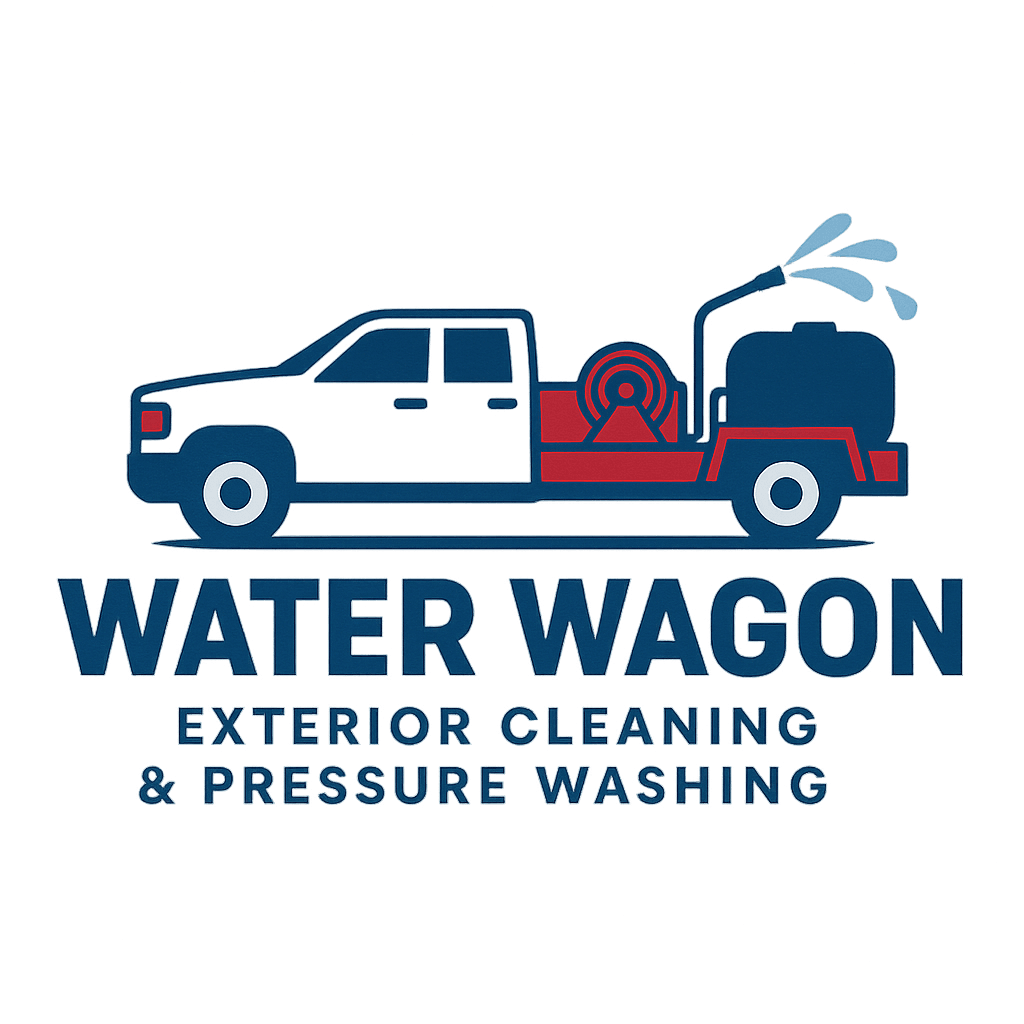Exploring the Latest Techniques in Soft Wash Technology
Understanding Soft Wash Technology
Soft wash technology has revolutionized the way we approach exterior cleaning, offering a safer and more efficient alternative to traditional methods. Unlike high-pressure washing, soft washing relies on specialized cleaning solutions to break down dirt and grime without damaging surfaces. This technique is particularly beneficial for delicate materials like shingles, siding, and wood, ensuring a thorough clean without the risk of wear and tear.
One of the primary advantages of soft wash technology is its ability to target and eliminate harmful microorganisms such as algae, mold, and mildew. These organisms are not only unsightly but can also cause significant structural damage over time. By addressing the root of these issues, soft washing provides a long-lasting clean that extends the lifespan of surfaces.

Innovations in Soft Wash Systems
Recent advancements in soft wash technology have introduced a range of systems designed to enhance the cleaning process. Modern soft wash systems are equipped with sophisticated pumps and nozzles that allow for precise application of cleaning solutions. This precision ensures even coverage and optimal results, minimizing waste and reducing environmental impact.
Furthermore, many of these systems are now integrated with smart technology features. Operators can monitor and adjust spray patterns and solution mixtures in real-time through mobile applications. This level of control not only improves efficiency but also allows for customization depending on the specific needs of the surface being cleaned.

Eco-Friendly Cleaning Solutions
As awareness of environmental issues continues to grow, there is an increasing demand for eco-friendly cleaning solutions within the soft wash industry. Manufacturers are responding by developing biodegradable detergents that are just as effective at breaking down dirt while being safe for plants, animals, and humans.
These environmentally conscious formulas often contain natural ingredients that are free from harsh chemicals, reducing the risk of pollution and harm to surrounding ecosystems. By choosing eco-friendly options, businesses and homeowners can maintain clean properties while supporting sustainable practices.

Training and Safety in Soft Wash Operations
The safety of both operators and surfaces is paramount in soft wash operations. Comprehensive training programs have been developed to ensure that technicians are knowledgeable about the correct usage of equipment and solutions. This training covers everything from equipment handling to understanding the chemical properties of cleaning agents.
Additionally, with a focus on safety, many soft wash systems now include features such as automatic shut-off valves and pressure regulators. These advancements help prevent accidents and ensure that operations are conducted smoothly, protecting both the operator and surfaces from potential damage.
The Future of Soft Wash Technology
As technology continues to advance, the future of soft wash technology looks promising. Continuous research and development efforts are paving the way for more innovative solutions that further enhance cleaning efficiency while minimizing environmental impact. The integration of artificial intelligence and machine learning in soft wash systems is anticipated to optimize cleaning processes even further.
Ultimately, as more people recognize the benefits of soft washing over traditional methods, we can expect its adoption to grow significantly across various sectors. Whether for residential or commercial purposes, soft wash technology offers a sustainable solution for maintaining cleanliness and preserving property value.
